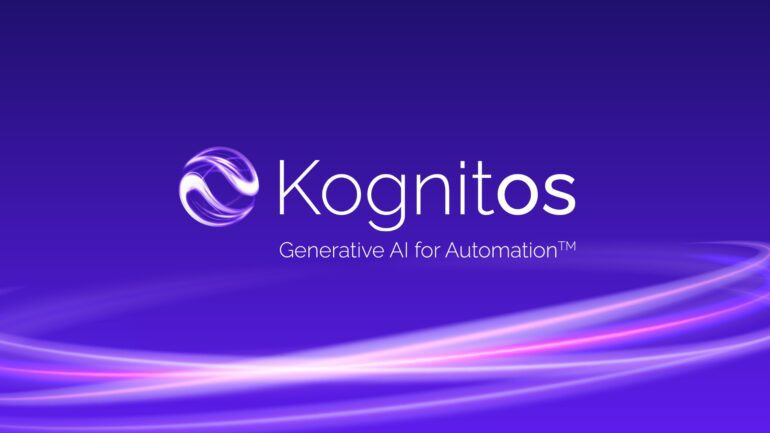TL;DR:
- Kognitos secures $20 million in funding to enhance business process automation.
- Founder Binny Gill highlights the role of automation in eliminating inefficiencies without job cuts.
- Pandemic-induced supply chain disruptions drive the importance of embracing technology like AI.
- Automation, while reducing some jobs, may lead to increased employee satisfaction.
- Kognitos competes with RPA platforms like UiPath and Automation Anywhere, offering sophisticated and intuitive solutions.
- The platform translates English instructions into workflow automations and learns from users.
- Kognitos can automate various tasks across different markets and modalities.
- Investors, including Khosla Ventures, back Kognitos’ potential.
- The funding will support product development and partnerships with third-party apps.
- Kognitos counts PepsiCo and Wipro among its notable clients.
Main AI News:
In the relentless pursuit of operational efficiency, businesses are often faced with tough decisions – cost-cutting, layoffs, or hiring freezes. However, Binny Gill, co-founder of Kognitos, presents an alternative path. His vision revolves around enabling companies to streamline operations without making these difficult choices. How? Through the automation of business processes, which happens to be Kognitos’s specialty.
The pandemic wrought widespread disruptions in the supply chain, leaving enterprises grappling with resource limitations, rising expenses, and constrained work environments. Gill observes, “This forced many organizations to take a long, hard look at the existing inefficiencies in their business processes and recognize the importance of embracing new technology — including the power of AI, in improving productivity, agility, and resilience.”
Now, you might wonder, doesn’t automation often lead to job losses? The answer is yes, and a 2016 study even predicted that robotic process automation (RPA) could render up to 16% of roles redundant by 2025. However, proponents argue that these losses could be mitigated by factors such as an aging workforce retiring and the growth of the gig economy. Moreover, automation can enhance employee satisfaction by tackling repetitive and mundane tasks, freeing up human potential for more engaging and fulfilling endeavors.
Kognitos, founded in 2020 by Gill, a former IBM researcher and CTO of Nutanix, aims to bridge the gap between humans and machines. Instead of obligating humans to learn the language of machines, Kognitos empowers machines to understand human language. Gill elaborates, “To turn this vision into reality, I launched Kognitos, which allows business users to automate tasks in plain English.”
In a competitive landscape that includes incumbents like UiPath and Automation Anywhere, as well as newcomers such as Adept, Gill asserts that Kognitos stands out for its sophistication and intuitiveness. The platform translates English instructions into workflow automations and automatically detects errors, enabling users to make corrections and improve over time. Gill emphasizes, “No matter what kind of edge case or exception is hit, the business user is always able to understand and handle the issue without the need for IT or developer help.“
Kognitos’ capabilities extend to various markets and modalities, including voice transcription, image editing, QR code scanning, data visualization, and PDF form completion. Gill notes, “The Kognitos solution is built both for the business process expert who sets the business processes in a company and for the business employees at large, who — without automation — find themselves doing things manually. Users with mid-level technical abilities can use Kognitos’ interface with no coding experience required.”
Investors have recognized Kognitos’ potential, which is evident in their recent $20 million funding round led by Khosla Ventures, with participation from Clear Ventures, Engineering Capital, and Wipro Ventures. This funding, totaling $30 million for the 35-person company, will be dedicated to product development and expanding partnerships and integrations with third-party business applications.
Kognitos’ roster of high-profile clients, including PepsiCo and Wipro, has undoubtedly contributed to its appeal. While Gill remains tight-lipped about revenue and profitability, he points out that “the roles humans and technology play in business are undergoing a dramatic change.” Kognitos’ unique value proposition positions it to thrive in the evolving landscape of the technology revolution.
Conclusion:
Kognitos’ successful funding round signifies growing investor confidence in the business process automation sector. The pandemic has underscored the urgency for enterprises to adopt automation technologies to improve efficiency and resilience. While concerns about job displacement persist, Kognitos and similar platforms aim to make the transition smoother, ultimately reshaping the future of work in the technology-driven business landscape.

